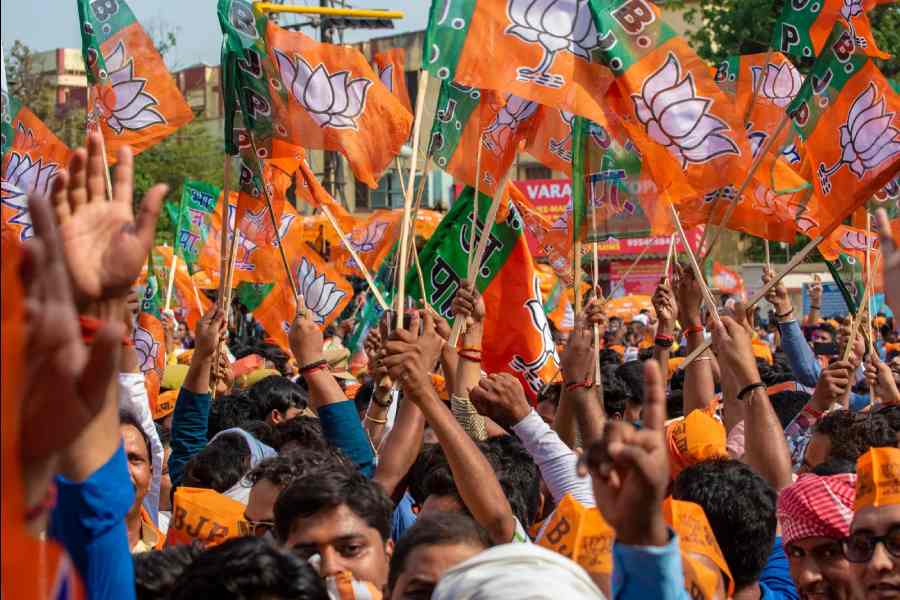Members of a political party speaking in many voices on a subject need not be a sign of inner-party democracy. It can point to confusion and indecision. Contradictory noises on multiple proposals concerning Bengal’s division emanating from within the Bharatiya Janata Party seem to be a pointer to the lack of coherence in the party on this contentious topic. The chief of the Bengal BJP unit, Sukanta Majumdar, has claimed that he has submitted a proposal to the prime minister arguing in favour of including eight districts from North Bengal in the North Eastern Council. Since then, however, Mr Majumdar has been on the defensive, saying that he is against any kind of territorial tweaking of the state. But a string of other leaders has joined the chorus. A party MLA from Behrampore has now stated that the administrative control of several districts with a heavy concentration of the Muslim population should be with the Centre; earlier, one of his peers stated that he had written to the Centre urging it to consider the formation of a six-district, Muslim-majority Union territory. What is common to these controversial proposals is that they seek to carve out areas with a sizeable minority presence from the state. This is consistent with the BJP’s electoral strategy and its perennial divisive outlook. After all, the ruling Trinamool Congress, elections have shown repeatedly, enjoys considerable support from this segment of the electorate. But the BJP’s inner schisms may have prompted the demand as well. There are whispers that the BJP’s Bengal unit is headed for a massive organisational reshuffle in the coming months. Party leaders are therefore keen to be seen voicing a shrill rhetoric — inflammable ideas are the BJP’s forte — as they jockey for the posts.
Talk of territorial separatism, given the blood-soaked history of Partition and Bengal’s spirited resistance to the colonial attempt of parcelling undivided Bengal in 1905, is fraught with political risk. Such an argument from the principal Opposition party is likely to hand the TMC a formidable weapon to consolidate the electorate — especially the one in South Bengal — two years before the next assembly elections. By pursuing this path, segments of the state BJP have not only revealed their lack of political prudence but also jeopardised the party’s attempt to regroup after a disappointing performance in the Lok Sabha polls. Scoring self-goals, apart from the pursuit of polarising issues, remains the BJP’s legacy in Bengal.










